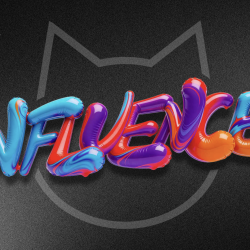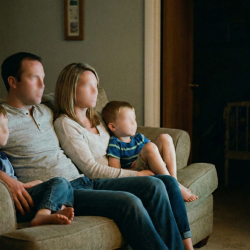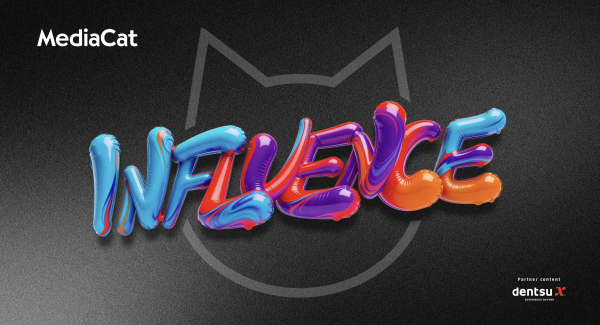Posting sponsored content damages influencers’ relationship with followers but transparency can neutralise this effect, says a new study.
The paper*, published in the Journal of Strategic Marketing, claims that the tilt towards commercial content among influencers in recent years erodes trust and harms the influencer-follower relationship that makes them effective as brand ambassadors.
The study examined the effects of the commercialisation of influencer content, analysing how it impacts followers’ purchase intentions and their relationship with creators. The researchers surveyed 303 social media users in the US who had an Instagram account and followed at least one influencer. The participants then answered questions about how they interact with influencers, how they view commercially oriented posts, and whether they notice sponsorship disclosures.
The findings revealed that the commercialisation of influencer content weakens the parasocial bonds (the one-sided connection followers form with creators), which otherwise make followers more likely to purchase endorsed products or services.
‘Managers should recognise that overtly promotional content, even if perceived as authentic, can erode followers’ perception of influencer sincerity, potentially reducing the effectiveness of influencer campaigns,’ the researchers write.
They advise brands to look beyond follower count when choosing to partner with influencers and instead pay attention to their relationship with followers, and their values: ‘Selecting influencers whose personal brands and values align closely with those of the brand ensures that commercial activities appear natural rather than transactional, thereby protecting parasocial relationships from erosion.’
The researchers also discovered that sponsorship disclosures can mitigate the negative impact of commercial content. While such disclosures may be legal requirements, the researchers argue that they also have ‘a critical strategic dimension beyond regulatory compliance’.
The study found that transparency around sponsorships can actually strengthen consumer trust and allow followers to ‘process commercial content more positively’.
‘Clearly and consistently disclosing sponsorship arrangements can enable influencers — and the brands that employ them — to effectively neutralise potential negative responses to commercial content while reinforcing the positive effect of parasocial relationships on consumers’ purchase intentions,’ the researchers write.
The study has several limitations, including its exclusive focus on a single social media platform (Instagram), so further research into different platforms and different sponsorship disclosure methods would be beneficial.
The researchers also note that their study did not focus on contextual differences and that there may be ‘varying levels of acceptance towards commercial content’ across industries.
* Commercialisation of influencer content on social media: the roles of parasocial relationships and sponsorship disclosures, by Weng Marc Lim, Kian Yeik Koay and Chee Wei Cheah
Featured image: cottonbro studios / Pexels































